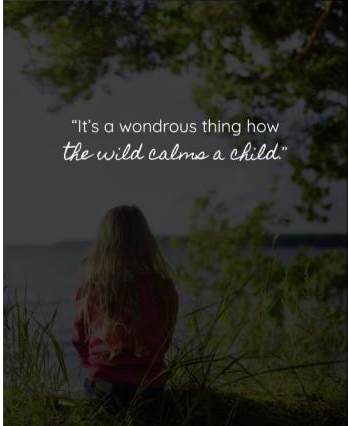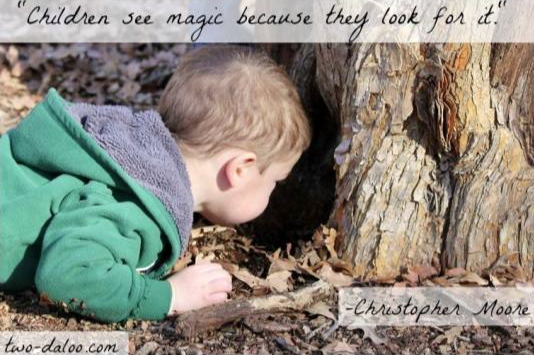Returning to Nature – Sculpting a New Future
Imagine being passed a lump of clay – and being told to just make something… anything at all.
You might just stare at it with dismay or panic. How do you sculpt clay? Where do you start? Should you use just your hands, or use tools? With no outcome and no rules or guidelines to follow the possibilities are endless.
In some ways, the current situation we are finding ourselves in at the moment could be likened to being handed a piece of clay. With the prospect of lockdown measures being lifted on the horizon, educators all over the country are now thinking about how to best ‘re-sculpt’ the educational experience for our children. This could be met with some trepidation and concern with no real understanding of how long the pandemic is to last and what kind of effects the lockdown will be having on both child and adult mental health.
It is my hope that – just as clay is sourced from the ground – that we return to the earth and nature to help us re-sculpt and adjust our educational model for our young people.
It has been noted that Scotland are viewing outdoor learning as precisely the way forward for early years and schools. Scotland’s children’s minister, Maree Todd, said: “There are a growing number of fully and partially outdoor childcare settings in Scotland. This model could have many benefits for maintaining physical distancing and minimising risk of transmission as part of the transition from lockdown back into early learning and childcare and school. While specialist outdoor nurseries are well attuned to the needs of children spending all day outdoors, other establishments are considering how to adapt their practice to enable more time to be spent in gardens and playgrounds.”
Forest School is an initiative well known in the UK and is one form of outdoor learning, centred around ‘learning by doing’ to nurture pupils’ curiosity. This has been adopted across schools with innovative outdoor learning activities being designed for many different subjects.
Transitioning to a more outdoor focus could potentially help in different ways –
Social Distancing and Safety
Being outside will help teachers ensure there can be as much social distancing between the students as possible and therefore lowers the risk of transferring the virus. When you’ve got the natural world at your fingertips, you don’t need as many toys and resources, which means fewer surfaces where the virus can be passed on.
Mental Wellbeing

Outdoor classes will help keep children engaged and happy during a time where there may be rising levels of anxiety and increased stress on mental wellbeing. Indeed, at times like these it is important to shift the focus away from academic achievement and onto the students’ mental health. It is a well-known fact that being outdoors and immersed in nature has a beneficial effect on both mental and physical health in all kinds of wonderful ways (see here for more research and information – https://www.ltl.org.uk/health-and-wellbeing/)
Increased Imagination and Creativity
Einstein once said – “Imagination is more important than knowledge, knowledge is limited. Imagination encircles the world” Creativity, in its most natural state, is all about freedom. When children are given the freedom to be creative without the restrictions of structured activities, they experience growth that just cannot be replicated.

The question now needing to be addressed if such an approach was to be taken is how to cater for such provisions across the nation. Especially for those settings in urban environments where close natural places are harder to locate and utilise. The city council of Glasgow are considering how use the city’s many magnificent public parks as a base for outdoor nursery shifts, alongside the possibility of registering unused outdoor space close to existing nurseries, and rewilding them on a small scale.
Now is the time to allow our imaginations to run wild and begin re-creating new possibilities and options for the future…
Hannah x

